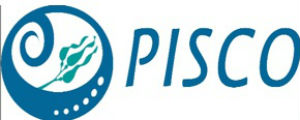Collaborative Research Programs

Partnerships for Interdisciplinary Studies of Coastal Oceans (PISCO)
PISCO was initiated in 1999 and is a long-term research and monitoring program designed to understand the dynamics and changes in the large California Current ecosystem. This program has been funded primarily by the David and Lucile Packard Foundation and the Gordon and Betty Moore Foundation, and is led by scientists from UCSC (Mark Carr and Pete Raimondi), and also involves UC Santa Barbara, Oregon State University and Stanford’s Hopkins Marine Station.

Tagging of Pelagic Predators (TOPP)
TOPP began in 2000 as one of 17 projects of the International Census of Marine Life. Managed jointly by Stanford’s Hopkins Marine Lab, the University of California, Santa Cruz’s Long Marine Laboratory, NOAA’s Pacific Fisheries Ecosystems Lab, and the Monterey Bay Aquarium, TOPP also includes team members from several countries. IMS principal investigator Dan Costa and his UCSC team tag and track marine mammals and seabirds throughout the Pacific Basin, using increasingly sophisticated tracking devices, learning about migration, ocean conditions, as well as the physiology and ecology and developing a much better understanding of how these animals fit into these large marine ecosystems.
